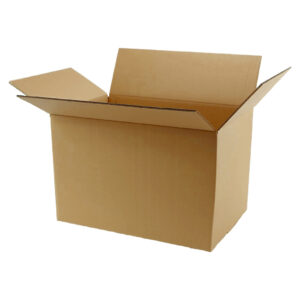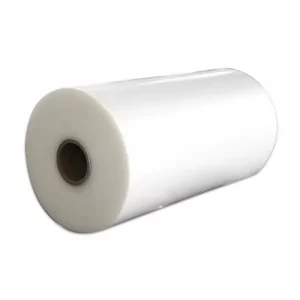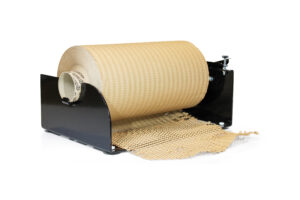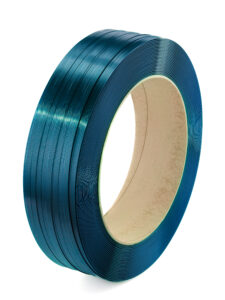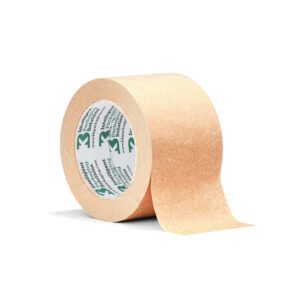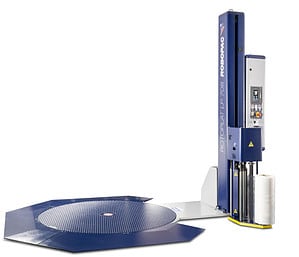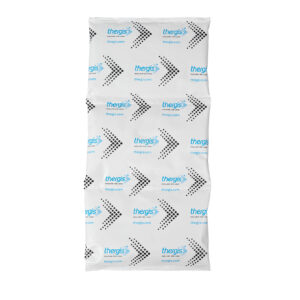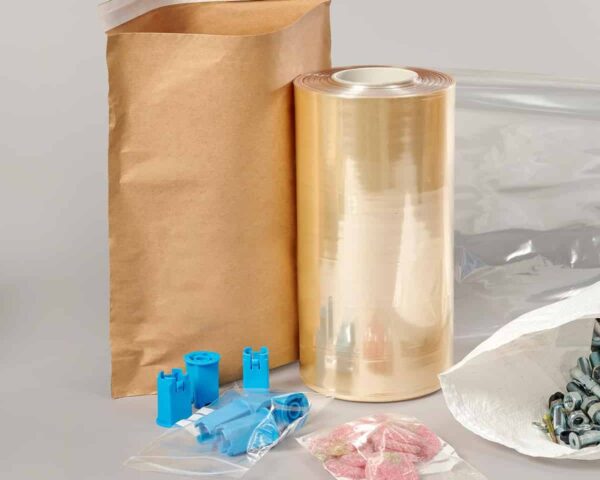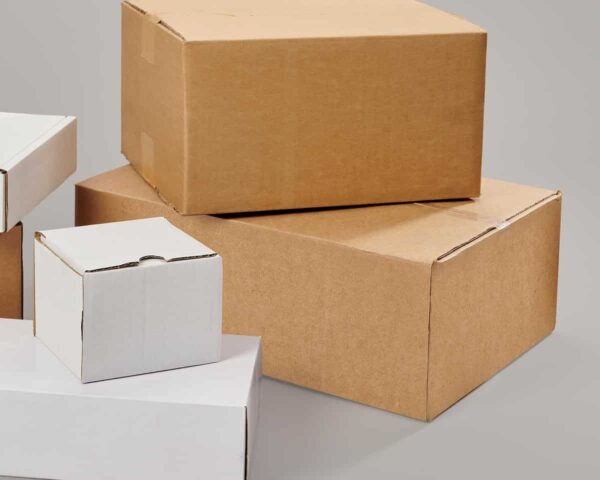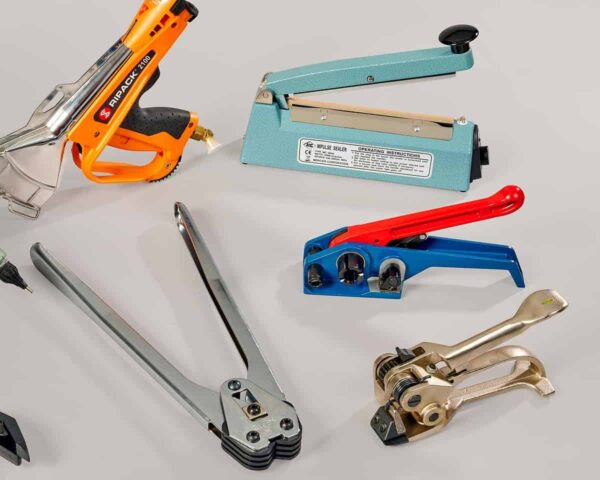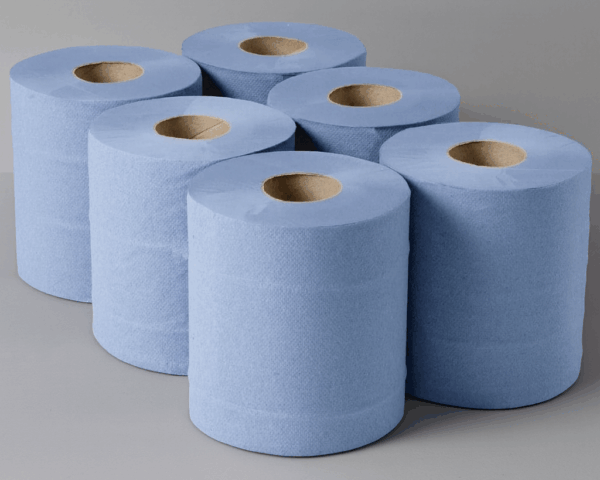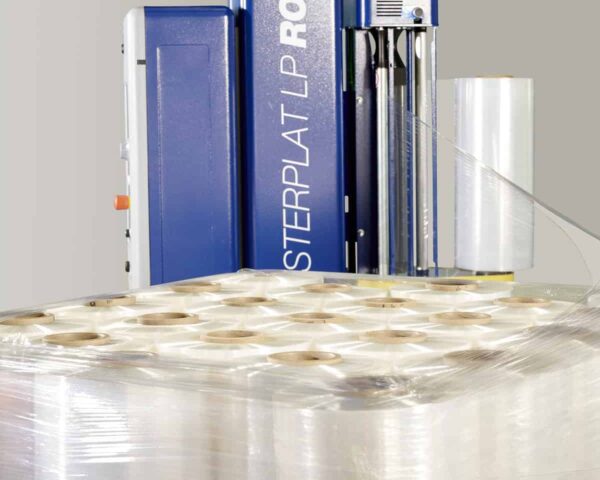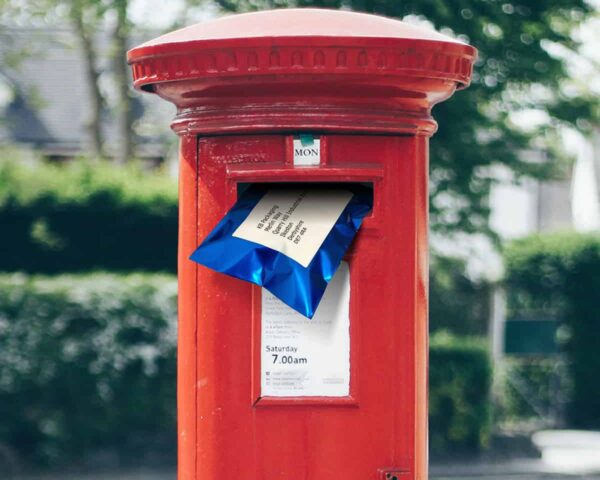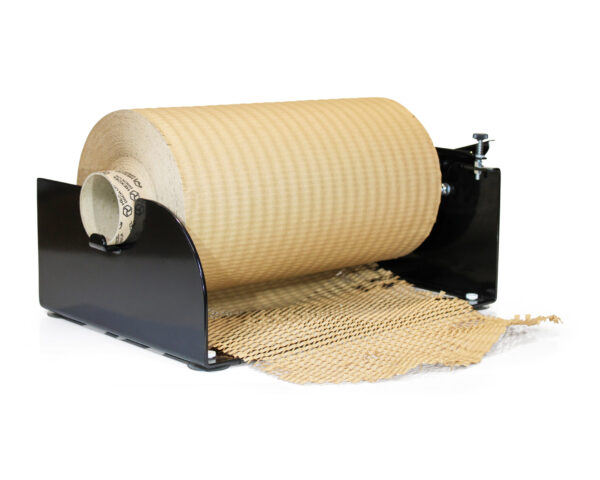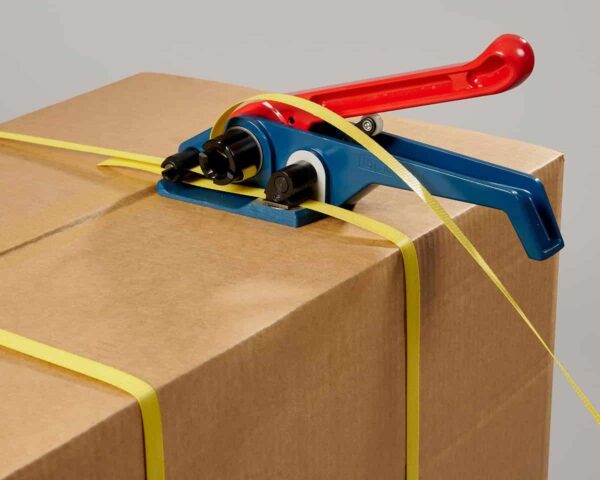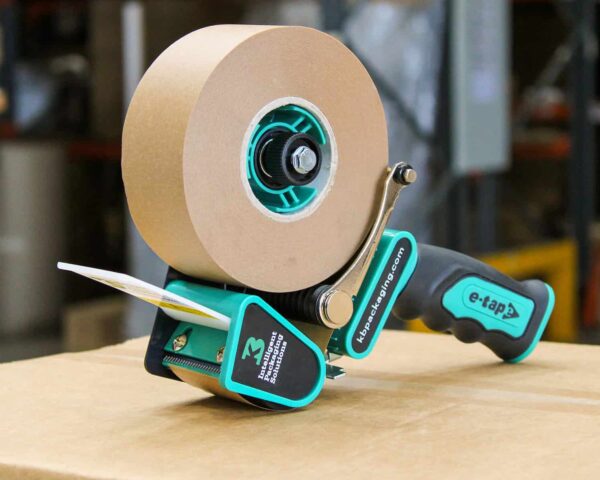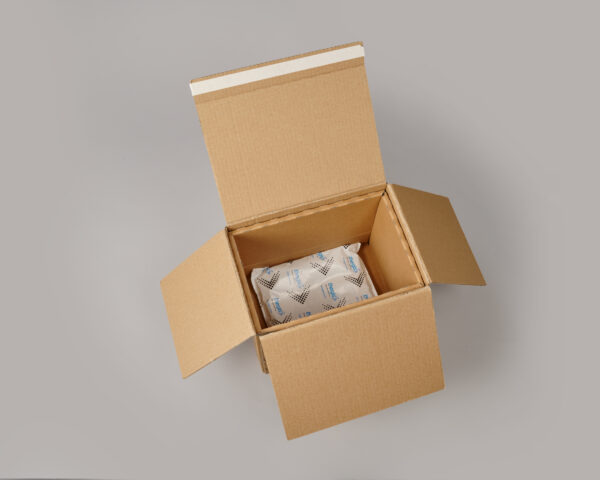Packaging materials play a crucial role in protecting and preserving products during storage, transportation, and distribution. They are designed to safeguard goods from external factors such as moisture, temperature variations, impact, and contamination, ensuring that they reach consumers in optimal condition. Packaging materials come in a wide range of forms, each with its own unique properties and applications.
Cardboard: Cardboard, also known as corrugated fiberboard, is widely used for shipping boxes and cartons. It is lightweight, cost-effective, and offers excellent strength and durability. Cardboard boxes can be easily customized to fit various product sizes and shapes, making them a versatile choice for packaging.
Plastic: Plastic is a highly versatile packaging material used in various forms, such as polyethylene (PE), polypropylene (PP), polyethylene terephthalate (PET), and more. Plastic packaging is lightweight, resistant to moisture, and provides good barrier properties against oxygen and other gases. However, concerns about plastic waste and its environmental impact have led to increased efforts to develop more sustainable alternatives.
Glass: Glass packaging is commonly used for beverages, food products, and cosmetics. It is impermeable, non-reactive, and provides an excellent barrier against oxygen, moisture, and light. Glass is also recyclable and offers a premium appearance, but it is heavier and more fragile than other materials.
Metal: Metals like aluminium and steel are used for packaging products such as beverages, canned food, and aerosols. Metal packaging provides excellent protection against light, air, and moisture, ensuring the product’s freshness and extending its shelf life. It is also highly recyclable, making it an environmentally friendly choice.
Paper: Paper packaging, made from wood fibres, is commonly used for bags, boxes, and wrapping materials. It is lightweight, biodegradable, and renewable. Paper packaging can be easily printed, folded, and moulded, making it an ideal choice for branding and customization. However, it has limited moisture resistance compared to other materials.
Biodegradable and Compostable Materials: With the increasing focus on sustainability, biodegradable and compostable packaging materials have gained popularity. These materials, such as bioplastics and plant-based fibres, are designed to break down naturally, reducing environmental impact. They offer similar properties to traditional plastics but have a reduced lifespan and require specific composting conditions to degrade properly.
Foam and Cushioning Materials: Foam materials, such as expanded polystyrene (EPS) and polyethylene foam, are used for cushioning and protecting fragile products during transit. They provide excellent shock absorption and insulation properties. However, foam materials are not easily recyclable and can pose environmental challenges.
In recent years, there has been an increased emphasis on sustainable packaging solutions. Companies are exploring innovative alternatives like mushroom-based packaging, seaweed-based films, and bio-based plastics derived from renewable resources. Additionally, reducing packaging waste, promoting recycling initiatives, and adopting reusable packaging systems are becoming important considerations in the industry.
Overall, the choice of packaging material depends on factors such as product type, durability requirements, environmental considerations, cost, and consumer preferences. The packaging industry continues to evolve, driven by the need for effective protection while minimizing the environmental footprint.
